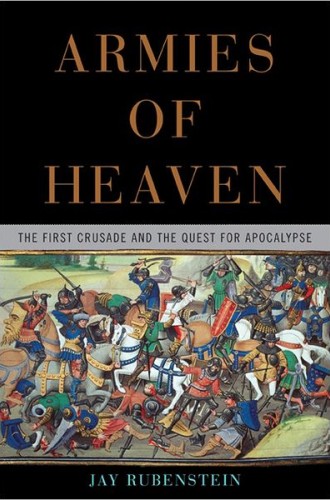Armed and dangerous
The end is nigh. Or is it? American Christians have long been fascinated by biblical prophecies anticipating the end of the world. William Miller convinced thousands of people that Jesus was going to return in 1843. Pentecostals worshiping at the Azusa Street revivals in 1906 felt sure that the restoration of dramatic gifts of the Spirit indicated that the second coming was imminent. Fundamentalists in the 1930s, confronting a worldwide economic depression and European dictators arming for battle, had little doubt that the end was near. The Jesus people of the 1970s, reacting to a lost war in Vietnam and the fall of a president, believed that Hal Lindsey's The Late Great Planet Earth held the key to understanding the times. Most recently, elderly radio evangelist Harold Camping inspired his followers to put up billboards announcing the date of the second coming. But so far nobody has gotten it right.
While earnest followers of American doomsday prophets have lost money and sometimes faith, none of them literally lost their head in the quest for the coming apocalypse. That wasn't the case a thousand years ago. University of Tennessee historian Jay Rubenstein's Armies of Heaven is a lively, engaging, well-researched, beautifully written book that explores the history of the First Crusade. Rubenstein has a gift for making thousand-year-old history both exciting and relevant. The world of the crusaders was very different from our own, and yet some of the major issues driving their quest resonate today.
In 1096, Rubenstein explains, 100,000 people left their homes in France, Italy and Germany for Jerusalem. It took three years for a small fraction of that group to fight their way into the holy city, but they made it, and they claimed Jerusalem for Europe and for God. The pilgrims and crusaders who embarked on this quest believed that the Bible prophesied that near the end of time Jerusalem would be restored to God's people (who could be Jews or Christians, depending on who was doing the interpretation, but certainly not Muslims). The restoration of Jerusalem, they believed, would immediately precede the second coming of Christ and the battle of Armageddon.





